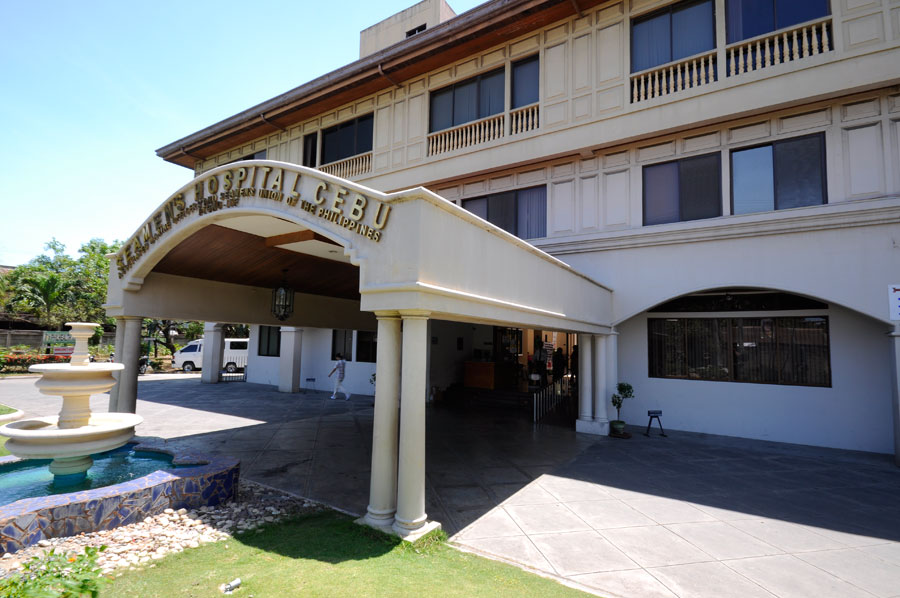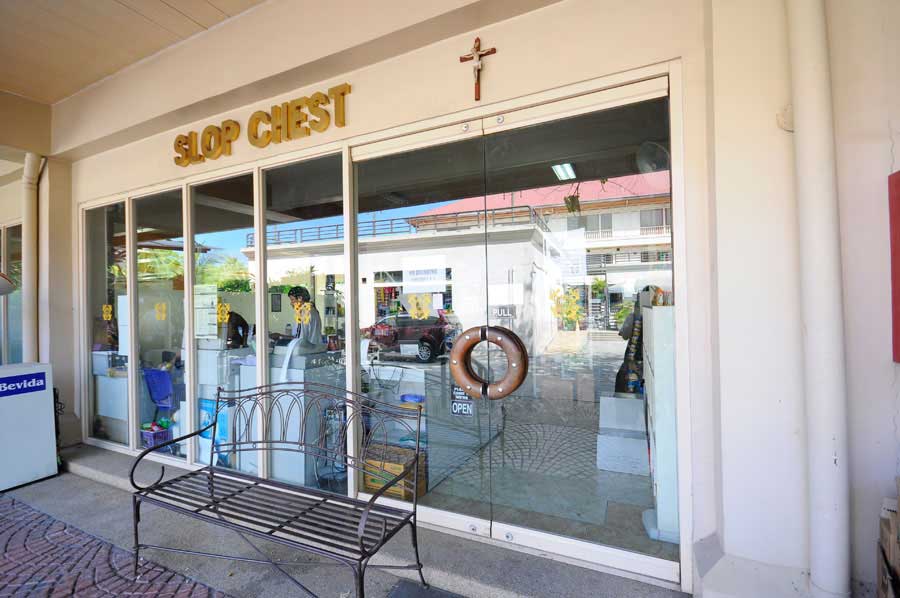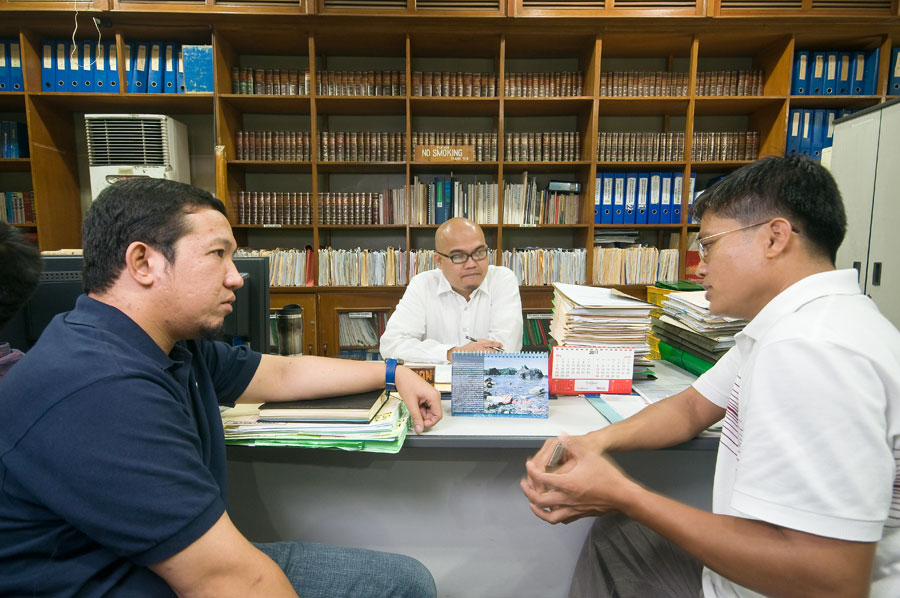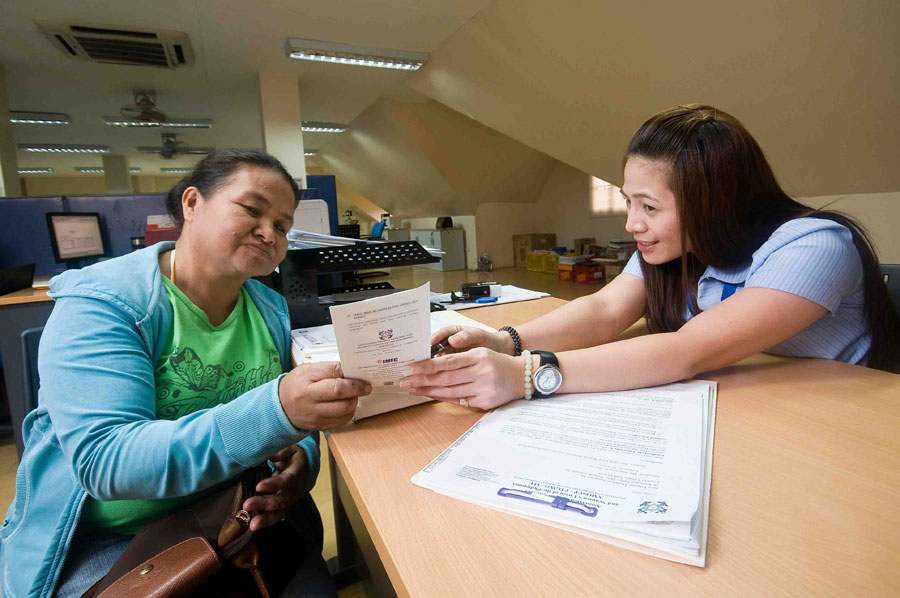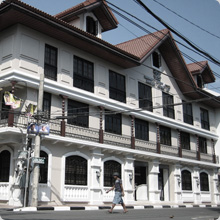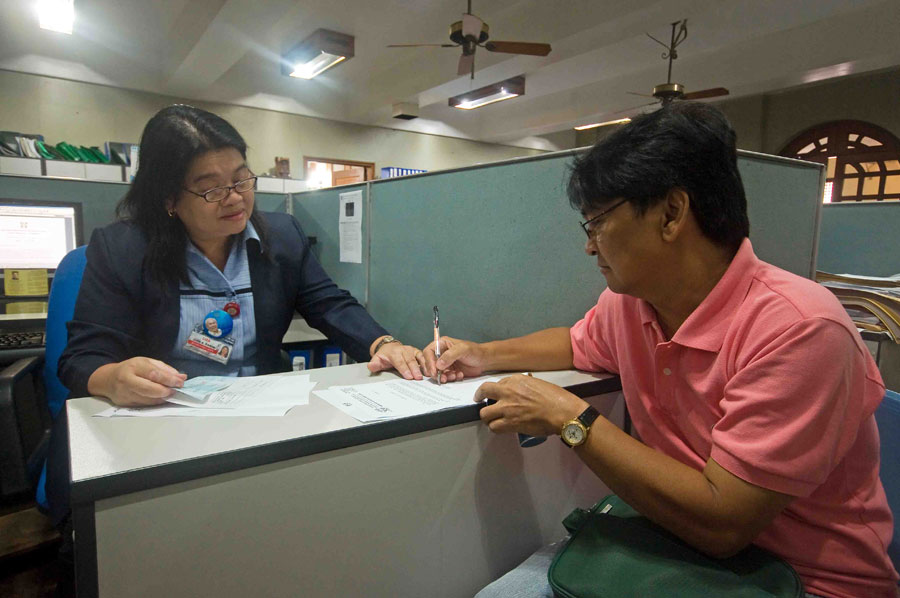Today, hundreds of thousands of Filipino seafarers continue to be adversely affected by the crew change crisis since the COVID-19 pandemic was declared by the World Health Organization (WHO) on March 11, 2020. It has been estimated that the number of deployed Filipino seafarers declined by almost 60 percent to 217,223 in 2020¹, while around 189,000 seafarers have been repatriated since March 2020.² We are concerned that although the average monthly deployment of seafarers in 2021 has been improving, it remains below the pre-pandemic level, which is symptomatic of the grave working conditions and precarious health situation Filipino seafarers are experiencing.
In July 2020, we gladly welcomed the efforts of the Government to make the Philippines a Crew Change Hub when the first green lanes for seafarers in Asia were established in six seaports throughout the country. Through them, the Bureau of Immigration processed 112,220 seafarers who were joining or leaving their vessels in 2020, of which 92,931 were Filipino seafarers and 19,289 were foreigners.³ As of July 2021, it was estimated that about 250,000 seafarers have been stranded on ships beyond the end of their original employment contracts and unable to be repatriated due to COVID-related travel restrictions.⁴ As of August 15, 2021, it is estimated (using a sample size of about 90,000 in the Neptune Declaration Crew Change Indicator) that around 8.9 percent of seafarers are still stranded on board commercial vessels, beyond the expiration of their agreements while 1.2 percent of seafarers have been serving onboard for more than 11 months.⁵
Clearly, more needs to be done to resolve the crew change crisis, despite the designation of seafarers (and other marine personnel) as key workers by the United Nations General Assembly in a resolution adopted in December 2020.⁶
Through this statement, our organizations of Filipino maritime social partners reiterate the requests made during the Fourth Meeting of the Special Tripartite Committee of the Maritime Labor Convention, 2006 in its Resolution of April 23, 2021 concerning the implementation and practical application of the MLC, 2006 during the COVID-19 pandemic.⁷ We echo the call for all concerned Flag and Port States, as well as the Philippine Government, to strengthen crew change by ensuring that Filipino seafarers:
1) are able to safely and expeditiously process all documents required for their deployment to, and repatriation from, their vessels;
2) can travel to and from the Philippines and their place of work, through such means as adequate airline flights that are made available to them;
3) can transit between regions and States within countries for the purposes of taking up employment, being repatriated, or for medical care including dental care ashore;
4) are exempted from quarantine requirements, if any, upon arrival in the jurisdictions in which they join or leave their vessel, except where they test positive for COVID-19 and after observing the required health and safety protocols;
5) can obtain medical care including dental care ashore when required;
6) can obtain shore leave and access to shore-based welfare services;
7) are permitted to access training necessary for their employment, where it is available;
8) are not required to stay on board a vessel longer than the period specified in their seafarer’s employment agreement without their consent, and under no circumstances for longer than the maximum period of service prescribed by the MLC, 2006.
Our organizations are also aware that the vaccination of seafarers against COVID-19 is a factor that could help ease the crew change crisis. We recall the March 2021 Joint Statement of the International Civil Aviation Organization, International Maritime Organization, International Labor Organization, World Health Organization and the International Organization on Migration which called on governments to prioritize seafarers and other essential workers in their national COVID-19 vaccination programs.⁸ The Fourth Meeting of the Special Tripartite Committee of the MLC, 2006 in April 2021 also adopted a resolution concerning COVID-19 vaccination for seafarers that called upon member States to ensure that seafarers are provided with access to COVID-19 vaccinations at the earliest opportunity.⁹
We salute the Philippine Government for prioritizing seafarers and other overseas Filipino workers in the national vaccination program. However, we acknowledge the sad reality that only a small proportion of the total number of seafarers have been fully vaccinated because of the limited supplies of COVID-19 vaccines currently available in the country. As supply constraints ease in the near future, we challenge the Government to provide more of our seafarers with greater access to vaccines from bilateral and multilateral sources like the WHO COVAX Facility and to make these available at the local and grassroots level to protect our maritime workforce, revive our economy and contribute to the stability of the global supply chain.
Our seafarers are extremely grateful to the governments of those countries that have made COVID-19 vaccines available for foreign seafarers on ships visiting ports in their territories. We humbly call on other Port States with ample vaccine resources to consider establishing similar vaccination hubs, in order to facilitate crew change and seafarer access to medical care and welfare facilities ashore.
Hand in hand with greater international access to vaccines by seafarers, we realize the importance of a globally recognized vaccination certificate that can facilitate the cross-border travel of fully-vaccinated Filipino seafarers regardless of where they were inoculated. Our organizations fully support the initiatives being progressed by the Government for a Philippine digital vaccination certificate that will be harmonized and interoperable with those of other countries using the framework developed by the WHO. To this end, we likewise call on all concerned Flag States and Port States to promote the mutual acceptance of such digital vaccination certificates of our seafarers while transiting to or from their vessels and when going ashore.
As we celebrate National Maritime Week 2021 in the Philippines, the undersigned organizations of Philippine maritime social partners invite all stakeholders to join us in honoring our Filipino seafarers, and in paying tribute to their hard work, dedicated service and personal sacrifices during this global health crisis

¹ POEA data as of 5 January 2021
² OWWA data as of 6 September 2021
³ https://immigration.gov.ph/images/News/2021_Yr/02_Feb/2021Feb03_Press.pdf.
⁴ https://www.imo.org/en/MediaCentre/HotTopics/Pages/FAQ-on-crew-changes-and-repatriation-of seafarers.aspx.
⁵ https://www.globalmaritimeforum.org/content/2021/08/The-Neptune-Declaration-Crew-Change-Indicator September-2021.pdf.
⁶ https://www.undocs.org/en/A/75/L.37.
⁷ https://www.ilo.org/wcmsp5/groups/public/@ed_norm/@normes/documents/genericdocument/wcms_7828 81.pdf.
⁸ https://www.undocs.org/en/A/75/L.37
⁹ https://www.ilo.org/wcmsp5/groups/public/@ed_norm/@normes/documents/genericdocument/wcms_7828 80.pdf

